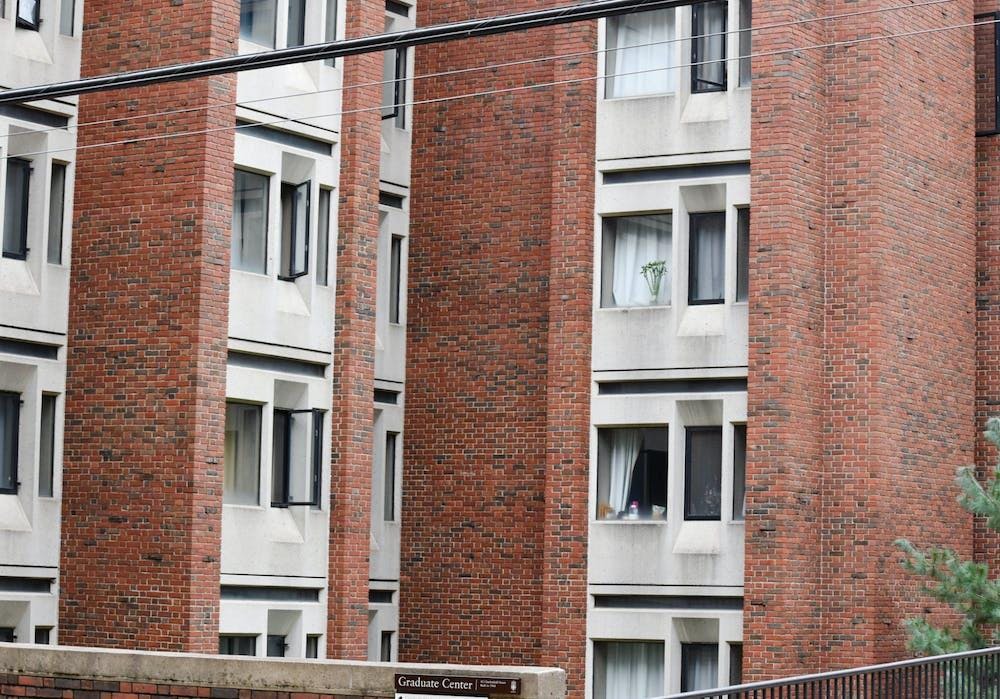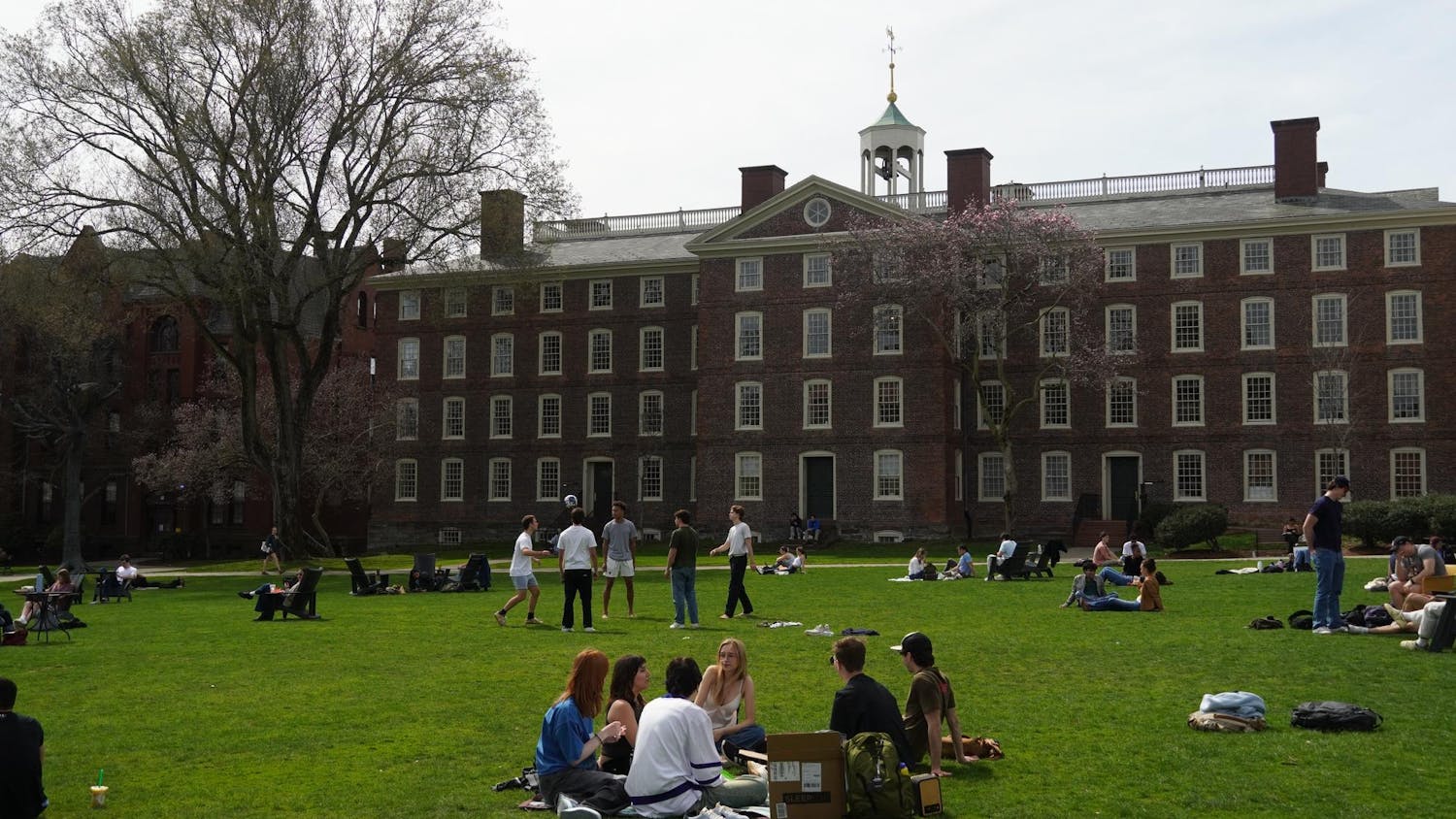Community Coordinators — students who work as live-in residential assistants and community leaders with the Office of Residential Life — announced that they plan to unionize in an Instagram post shared Friday morning.
In a press release, Audrey Wijono ’25, a CC and organizer with the nascent Labor Organization of Community Coordinators, said that a “strong majority of CCs” have signed a union authorization card.
There are 141 CCs living in dorms this semester, organizers told The Herald, though they declined to share the exact number of coordinators who have signed authorization cards.
The organizers are seeking voluntary recognition from the University, and plan to deliver a formal letter at a rally to take place next Tuesday, CC and organizer Elijah Puente ’26 wrote in a message to The Herald.
In an email to The Herald, University Spokesperson Brian Clark wrote that it would be “premature for Brown to comment on the students’ plans” before the University has received communication from organizers regarding their intent to unionize.
Conversations about unionizing have happening among Residential Life student employees for multiple years, according to organizers, and plans for unionization were set into motion after CCs arrived on campus in late August for training.
Puente said that he reached out to the Teaching Assistant Labor Organization and was connected with staff at the Graduate Labor Organization, who have provided support to the CCs in their unionization effort.
GLO President Sherena Razek GS did not immediately respond to a request for comment.
According to Pei-Jun Huang ’26, a CC and organizer, the CCs at Brown were inspired by the successful unionization of other student residential assistants on campuses nearby, including at Tufts University and Columbia.
In 2022, the University overhauled its Residential Peer Leader system, replacing Community Associates and Minority Peer Counselors with an expanded CC role, The Herald previously reported. The Office of Residential Life also increased annual stipends for CCs to $10,500.
But CCs are still required to pay the full price for on-campus housing, which cost $9,650 for the 2023-24 academic year. Organizers said that they hope to expand the compensation package that CCs receive to include a dining subsidy and larger stipend.
“The pay itself is really important because a lot of students need this pay to come to college,” Huang said.
According to Huang, CCs have also faced poor communication from the Office of Residential Life about policies and responsibilities, as well as “inconsistent” experiences with supervisors.
Negotiating a contract with the University would give CCs a greater say in the decisions that impact their positions and provide a recourse for addressing issues, organizers explained.
“A contract gives us a formal way to address grievances and makes ResLife have to have meetings with us and hear us out,” Puente said.
“I love this job,” Wijono said. “I find it extremely fulfilling to interact with residents and to be so involved in this community. And really, (unionization) is about having my voice as a CC heard.”
Last updated Sept. 30 at 6:00 p.m.
Want to stay in the know? Subscribe to our email newsletter, Breaking@Brown.

Sam Levine is a University News editor from Brooklyn, New York covering on-campus activism. He is a senior concentrating in International and Public Affairs.





